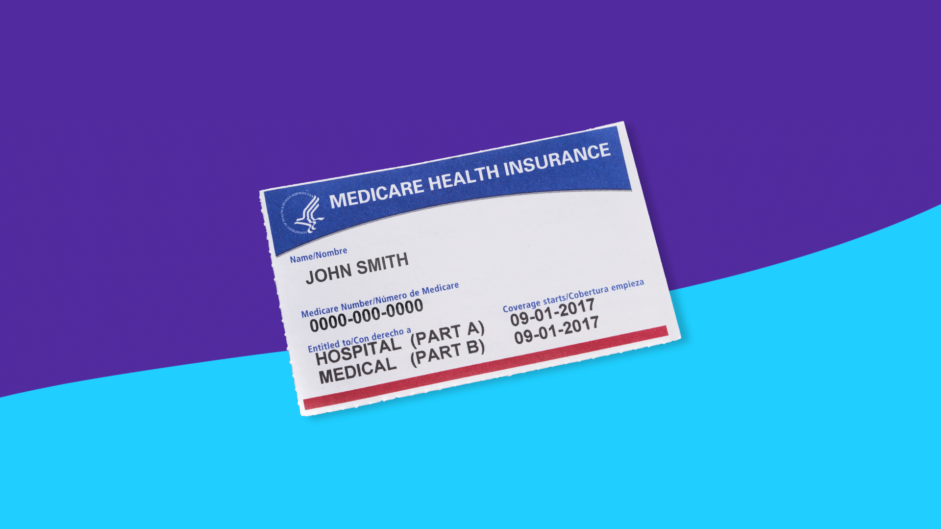

Private insurance companies can sell Medicare Advantage Plans if they have been approved by Medicare. Extending hospital care, medical insurance, and, in some cases, prescription drug coverage are all covered, just like they are under Medicare Part A. Companies that offer private insurance receive a set monthly payment from the government in exchange for policyholder enrollment, and they are free to charge their clients whatever they see fit in the way of premiums, co-pays, and deductibles.
Medicare’s Parts A and B are common knowledge. Guaranteed issue means that no one can be turned down for coverage and no action is necessary to become enrolled. Although Medicare Supplement Plan F is offered to members, few people are aware of this fact. Getting the greatest pricing and coverage from your Medicare Advantage plan requires some research and comparison shopping. This is because the plan’s rates fluctuate over time, and enrolling at specific times may lock in more expensive rates. Medicare Advantage Plan enrollees should check their paperwork for the most up-to-date information on premium changes and enrollment deadlines.
Before you begin searching for the top Medicare supplement plans 2022, it’s crucial to understand how precisely Medicare works. Since Social Security is not adequately funded, Medicare was created to bridge the gap between what older Americans could reasonably pay for and the need for health care coverage. If a doctor and the patient’s private insurance provider agree, Medicare will pay for the costs of providing in-hospital or home health care. There is an out-of-pocket cost for Medicare Parts A and B no matter who you see for treatment.
Medicare Advantage Plans are provided by private health insurance firms and pay for services that Original Medicare does not. Regardless of whether or not someone is enrolled in Medicare Advantage, they are still required to purchase Parts A and B from private insurance providers. Each service covered by a private health insurance plan will incur a premium and deductible from the policyholder. Medicare Advantage Plans have a 100% deductible and typically have cheaper monthly premiums than original Medicare. It is true that traditional Medicare has some limitations, but some Medicare Advantage Plans, which include Parts A and B, provide coverage for services that Original Medicare does not.
Medicare Advantage Plans are often picked based on whether the consumer expects to obtain some additional benefits from the plan. Most Medicare Advantage Plans include enhanced coverage for mental health, physical therapy, home health services, pharmacy, eye care, chiropractic, hospice, personal care (although not stated above), and veterinary care. Part
Medical history and physical examinations are used to determine eligibility for Part A coverage, while Part B pays for copays and coinsurance related to individual services. The premium for Medicare Advantage is typically less than that of traditional Medicare, and there is a co-payment required for Part A benefits. Coverage from private insurance companies typically lasts up to a year after a patient leaves a doctor’s office. Payments for Part B are often spread out over 12 months, with the first due the month following the last day of a doctor’s office visit.
All Medicare Advantage and Original Medicare plans include in-network primary care providers and specialists for outpatient care. Unlike traditional Medicare, Medicare Advantage Plans are sold directly by commercial insurance companies and do not provide coverage for primary care physicians. In terms of coverage, Medicare Advantage Plans are identical to Original Medicare. Both plans have identical enrollment periods.
